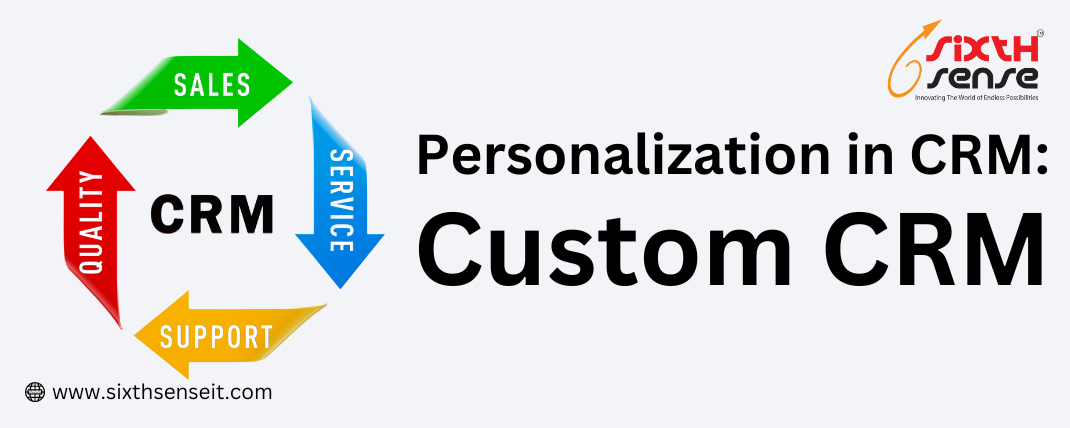
What is Business Practices?
Business practices refer to the methods, processes, and behaviors that an organization adopts to carry out its operations and achieve its objectives. They encompass a wide range of activities, including strategic planning, marketing, sales, operations, finance, human resources, customer service, and more. Effective business practices are essential for optimizing efficiency, productivity, and overall performance.
Managing business practices is crucial for several reasons:
Efficiency:
Well-managed business practices streamline operations, eliminate unnecessary steps, and reduce waste, resulting in increased efficiency. This, in turn, leads to cost savings, improved resource allocation, and enhanced productivity.
Consistency:
Implementing consistent business practices ensures that tasks are performed uniformly across the organization. This promotes standardized quality, reduces errors, and enhances customer satisfaction.
Adaptability:
Managing business practices allows organizations to adapt to changing market conditions, technological advancements, and customer expectations. It enables businesses to stay agile and respond effectively to emerging trends and challenges.
Competitive Advantage:
A company that effectively manages its business practices gains a competitive edge. By continually evaluating and optimizing processes, organizations can deliver products or services faster, with higher quality and lower costs, setting themselves apart from competitors.
Risk Management:
Effective business practices incorporate risk management strategies. By identifying potential risks, establishing controls, and implementing mitigation measures, organizations can minimize the impact of unforeseen events and protect their interests.
Employee Engagement:
Well-managed business practices provide clarity and structure for employees, enabling them to understand their roles, responsibilities, and expectations. This fosters a positive work environment, boosts employee morale, and enhances engagement and productivity.
Customer Satisfaction:
Efficiently managed business practices contribute to improved customer satisfaction. By ensuring consistent and reliable service delivery, organizations can meet customer needs, build loyalty, and enhance their reputation.
Innovation and Growth:
An organization that actively manages its business practices fosters a culture of innovation. By regularly evaluating processes and seeking opportunities for improvement, businesses can drive innovation, identify new growth avenues, and stay ahead of the competition.
Compliance and Ethics:
Effective business practice management includes adherence to legal and ethical standards. By establishing robust policies and procedures, organizations can ensure compliance, maintain ethical conduct, and safeguard their reputation.
Long-Term Success:
Ultimately, managing business practices is critical for long-term success. By continuously evaluating and refining processes, organizations can stay relevant, adapt to market dynamics, and position themselves for sustained growth and profitability.
In summary, managing business practices is essential for optimizing efficiency, achieving consistency, fostering adaptability, gaining a competitive advantage, mitigating risks, engaging employees, satisfying customers, driving innovation, ensuring compliance, and securing long-term success. By focusing on improving and refining their business practices, organizations can enhance their overall performance and thrive in today's dynamic business landscape.
Running a successful business requires a commitment to constant improvement and optimization. Here are 10 ways to improve business practices and achieve long-term success:
Focus on customer satisfaction:
The key to building a successful business is to focus on meeting and exceeding customer expectations. This requires a commitment to providing exceptional customer service, delivering high-quality products and services, and actively seeking feedback from customers to improve operations.
Embrace innovation:
In today's fast-paced business world, it is crucial to stay ahead of the competition by embracing new technologies, processes, and business models. This can include adopting new software systems, investing in research and development, or exploring new markets and revenue streams.
Streamline processes:
Streamlining business processes can help to improve efficiency, reduce costs, and improve the overall customer experience. This includes identifying and eliminating bottlenecks, automating repetitive tasks, and optimizing workflows.
Build a strong team:
Building a strong team is crucial to the success of any business. This requires a commitment to hiring talented individuals, fostering a positive and collaborative work environment, and investing in ongoing training and development.
Set clear goals:
Setting clear, measurable goals is essential to achieving success in any business. This requires identifying key performance indicators (KPIs) and regularly tracking progress toward these goals.
Use data to drive decision-making:
In today's data-driven business environment, it is important to use data to inform decision-making. This includes collecting and analyzing data on customer behavior, market trends, and internal operations to identify areas for improvement.
Build a strong brand:
Building a strong brand is essential to establishing credibility and trust with customers. This requires a commitment to creating a consistent brand image across all channels, investing in marketing and advertising efforts, and actively engaging with customers on social media and other platforms.
Foster a culture of collaboration:
Fostering a culture of collaboration is essential to promoting innovation, improving efficiency, and building a strong team. This includes encouraging open communication, fostering a sense of shared ownership and responsibility, and rewarding collaboration and teamwork.
Stay agile and adaptable:
In today's rapidly changing business environment, it is important to stay agile and adaptable. This requires a commitment to continuous learning, staying up-to-date with industry trends and best practices, and being willing to pivot and adjust strategies as needed.
Emphasize ethical and sustainable practices:
As consumers become more socially and environmentally conscious, it is important for businesses to prioritize ethical and sustainable practices. This includes adopting sustainable business practices, minimizing environmental impact, and promoting social responsibility.
By following these 10 strategies for improving business practices, businesses can increase efficiency, reduce costs, and build a strong foundation for long-term success.






















































































































